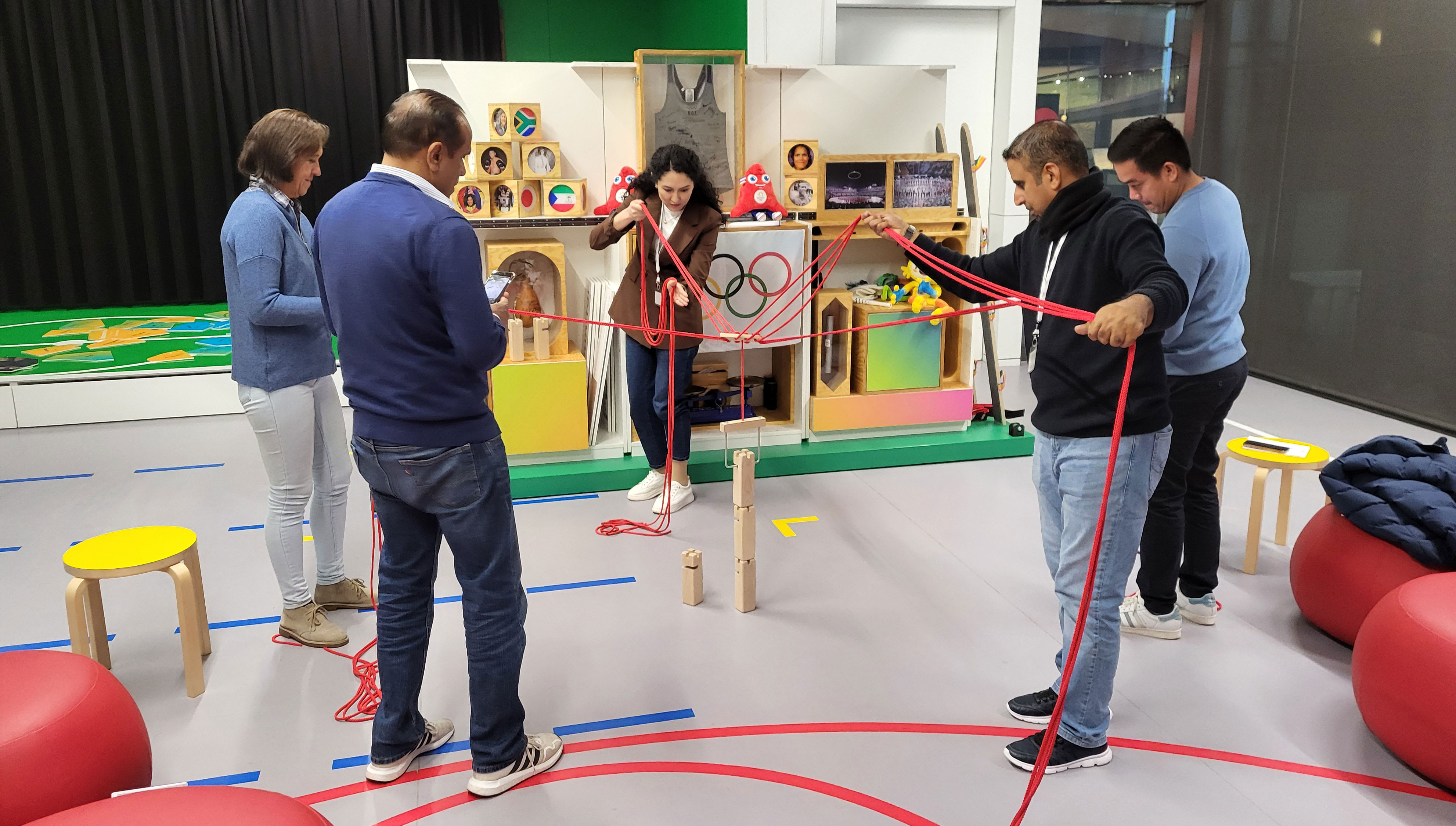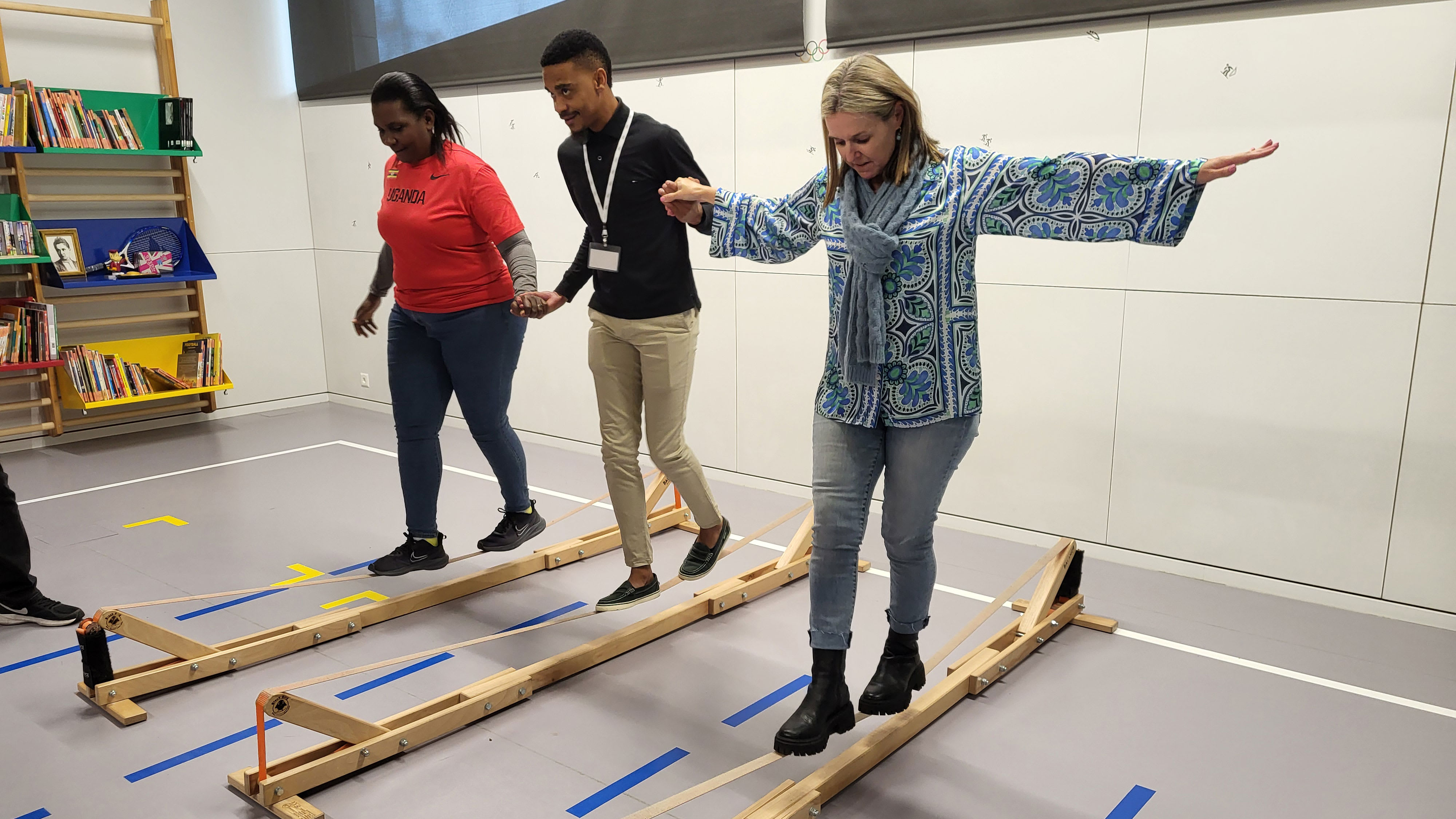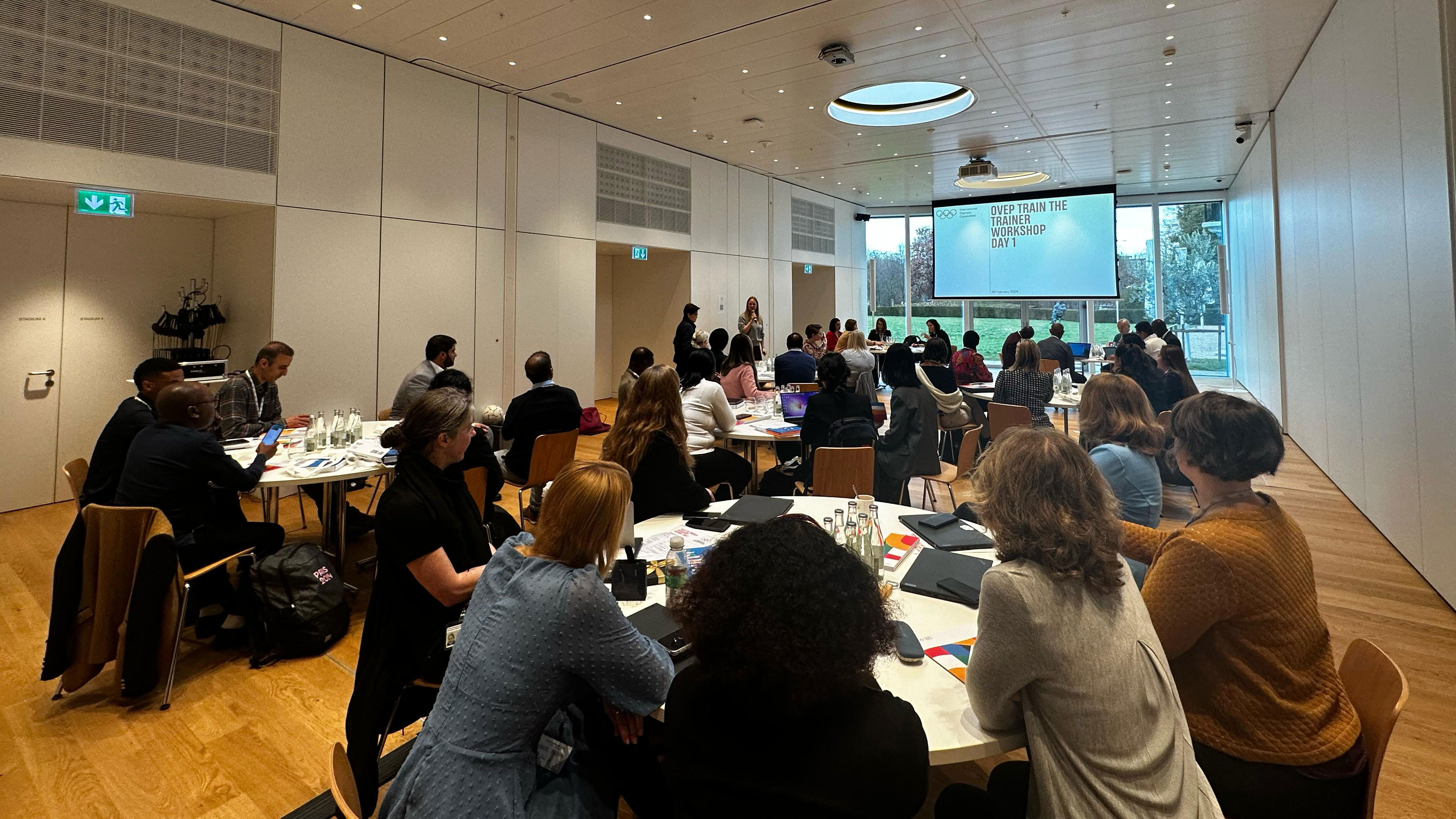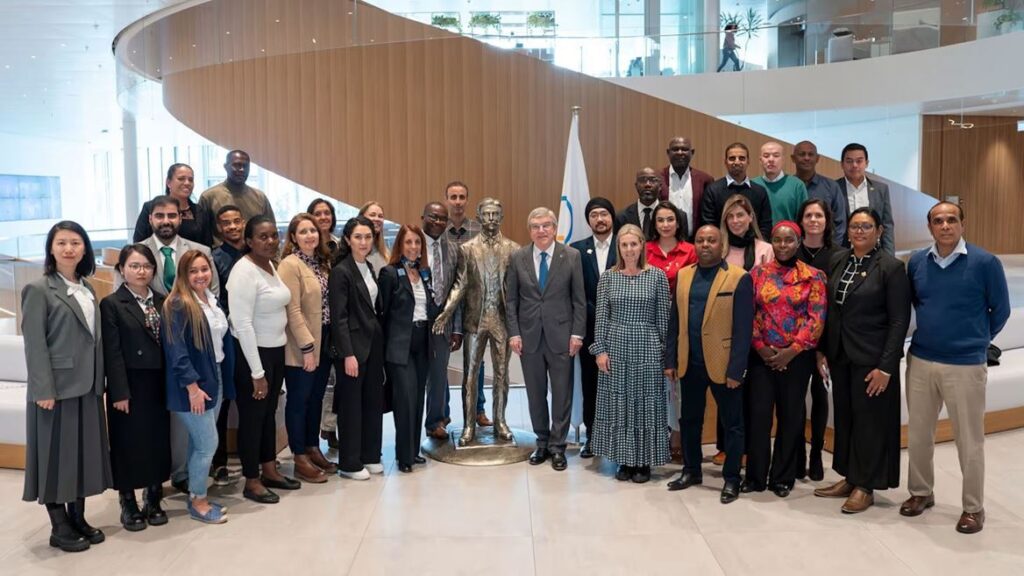April 4, 2024 – The Olympic Values Education Program (OVEP) held its first trainer training workshop in Lausanne, Switzerland from February 26 to 29, welcoming representatives from 29 National Olympic Committees (NOCs) from across five continents. .
The four-day session, held at the International Olympic Committee (IOC) Headquarters and Olympic Museum, provided tools for educators to adapt and implement Olympic Values-based education across their regions and communities around the world. I was able to get
This training course was made possible with the support of Olympic Solidarity and led by the Olympic Foundation for Cultural Heritage (OFCH), which oversees the Olympic Museum and manages OVEP.

The program advances the IOC's Olympism365 strategy, which aims to increase access to sport and bring the health and social benefits of physical activity to communities around the world, especially children and young people.
All 29 participants are actively working or responsible for Olympic education programs and projects in their countries, delivering and disseminating a curriculum rooted in the Olympic values of excellence, friendship and respect. It has new resources for

Each NOC was invited to select one participant to participate in the training opportunity. Attendees primarily come from Africa and Asia, including Argentina, Bhutan, Brazil, Cambodia, China, Ivory Coast, Djibouti, El Salvador, Greece, Hungary, Jordan, Kenya, Lesotho, Mali, Mongolia, Mozambique, New Zealand, Nigeria, and Oman. , Pakistan, Qatar, Saudi Arabia, Serbia, Sri Lanka, Suriname, Togo, Uganda, Uzbekistan, and Zambia.
New Zealand Olympic Committee education manager Anna Reddy, who manages the Olympic Ambassador program that involves New Zealand students, praised the international collaboration aspect of the training.
It's really exciting to hear what others are doing and think about how those ideas can be applied in a New Zealand environment. I was able to learn a lot of good techniques that I will incorporate into my next annual training session with the ambassadors. The ambassadors will then be ready to enter the school.
anna lady – New Zealand Olympic Committee Education Manager
Sanjit Gazmel, a physical education teacher from Bhutan, expressed how valuable the opportunity to participate in this workshop was to him and how he plans to share this new-found knowledge with his students, colleagues and the wider education sector upon his return. He expressed his desire to do so.
The teachings we have received from the concrete frameworks of the IOC and OBEP will be of great benefit. With all of the materials provided to us, the program, the framework, and the toolkit, we are very confident that we can get this program running immediately.
Sanjit Gazmar – Physical education teacher from Bhutan
Lila Szy, a member of the Hungarian Olympic Academy, approached her training with a global perspective. “The world is facing many challenges, not just young people,” she explained. She believes that for her, incorporating the Olympic Movement and Olympic values into daily life can contribute to “changing society for the better”.
Keen to introduce Olympic education in Hungary, Mr. Szij plans to train school teachers and integrate OBEP materials into educational curricula to maximize reach.
Through our teachers, we have access to thousands of students and children from an early age.
Lila Shiji – Member of the Hungarian Olympic Academy
The workshop was an opportunity for Hungarian trainers to better understand the latest OBEP toolkit, released last September, and explore ways to increase teacher engagement. “I read the toolkit, but attending a hands-on training course is completely different,” Sidge said.
Sigi and the Hungarian NOC also plan to host a large-scale educational event based on Olympic values in conjunction with the 2024 Olympic Qualification Series, which will be held from June 20 to 23 in Budapest. .

Connecting sports and education
The Olympic Values Education Program is a set of freely accessible educational resources created by the IOC to complement the educational curriculum, including Olympic-themed activities, teaching strategies and inspirational materials. Participants experience values-based learning and are encouraged to take on the responsibility of being good citizens. OBEP communicates the long-term benefits of sport and physical activity through an understanding of Olympism and its impact on personal health, enjoyment, and social interaction. Resources and toolkits available in multiple languages are designed to help young people of all skill levels enjoy and learn about physical activity, helping children become active, healthy and responsible citizens. That's what I'm aiming for.


